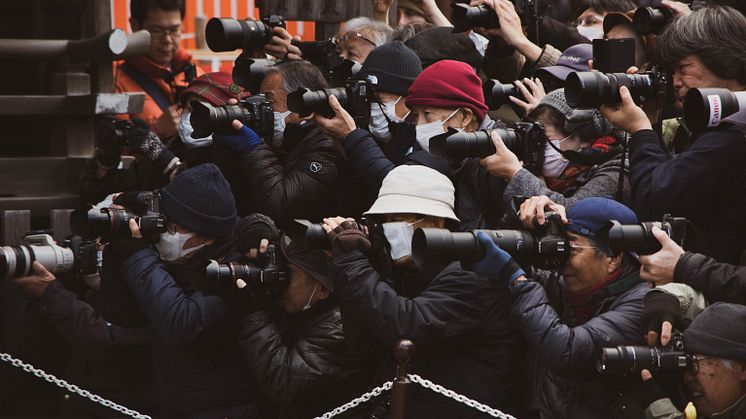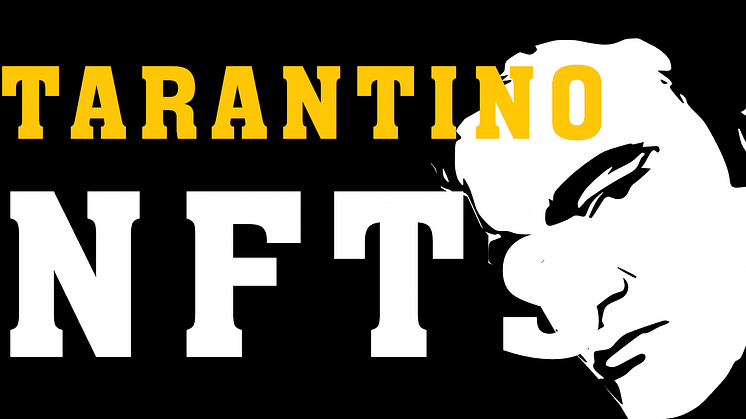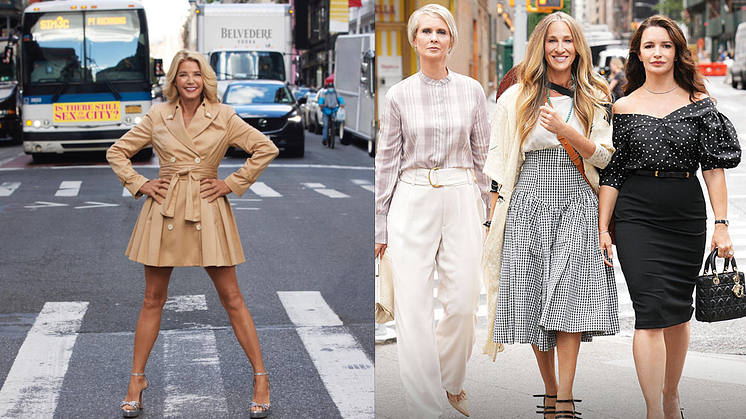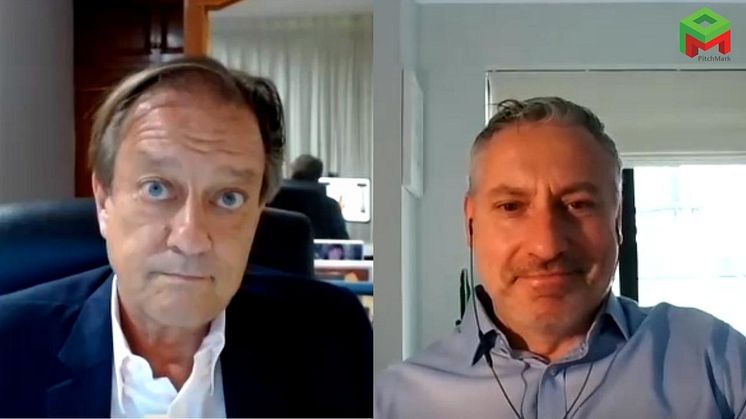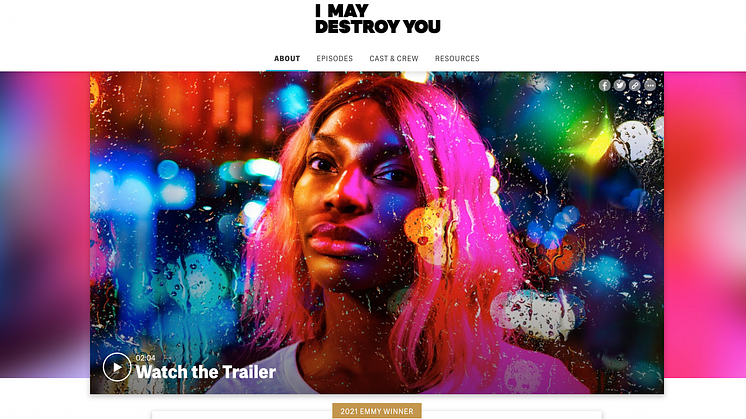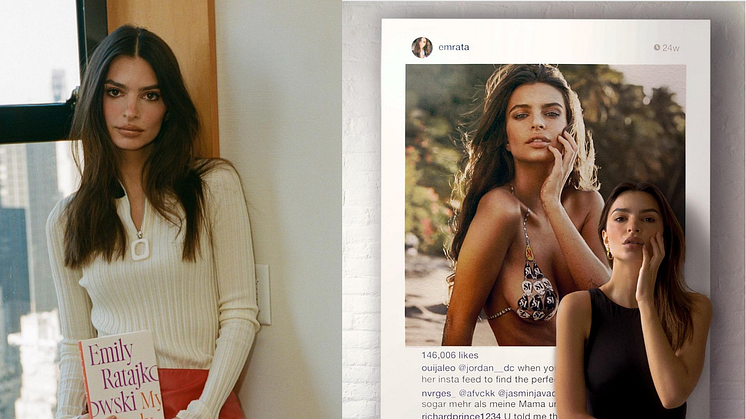
News -
By creating her own IP, model-turned-memoirist Emily Ratajkowski is taking control
She shot to fame by appearing in the music video for the song “Blurred Lines”. Now, model-actress Emily Ratajkowski is also an author whose debut memoir, My Body, comes out this month.
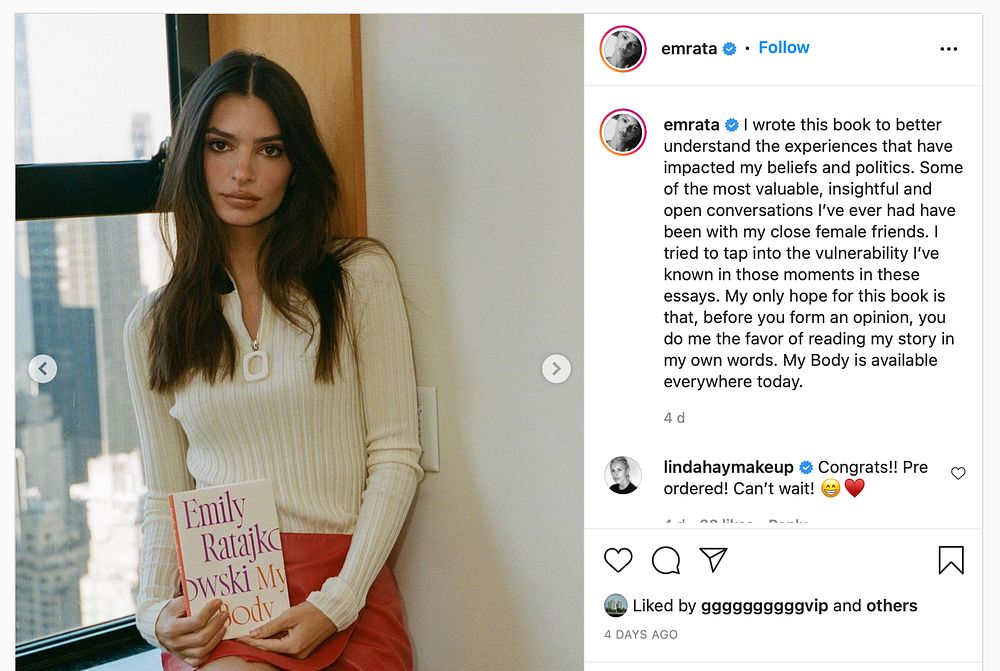
Her book arrives on the heels of an essay she wrote for New York magazine in 2020. Titled “Buying Myself Back”, the piece – which went viral – detailed several harrowing instances where she tried to gain control over images of herself, which were being sold for profit by others.
One of these incidents occurred in 2019, when a paparazzo sued Ratajkowski for sharing a photo of herself taken by him on her Instagram account. “I learned the next day from my own lawyer that despite being the unwilling subject of the photograph, I could not control what happened to it,” she writes in the New York magazine piece. “She explained that the attorney behind the suit had been serially filing cases like these, so many that the court had labeled him a copyright troll.”
That wasn’t the first time Ratajkowski’s Instagram account became a point of contention. In 2014, American artist Richard Prince featured two of her posts in his “Instagram Paintings” series, which comprised inkjet images of others’ Instagram posts, along with Prince’s comments on these posts, that had been printed on canvasses. Prince is known for his appropriation techniques, and has been sued for copyright infringement in the past.
In this case, while Ratajkowski thought it was “strange that a big-time, fancy artist worth a lot more money than I am should be able to snatch one of my Instagram posts and sell it as his own”, she had once been an art history major and eventually decided to buy one of these paintings featuring her likeness. Owning her image in this way might be a worthwhile investment, she figured.
Then, in 2016, photographer Jonathan Leder published a book featuring images of her taken by by him. These photographs had been taken early in her modelling career, and she had not been paid for the shoot. In her essay, she writes that the day had ended with Leder sexually assaulting her. She also refutes his claim that her modelling agency had signed a release form authorising him to publish these photos in ways beyond the magazine they were originally intended for.
At the end of the essay, Ratajkowski writes: “I’ve often stood in my kitchen and stared at myself in the large Richard Prince piece, contemplating whether I should sell it and use the money to sue [Leder]. I could try to force him to cease production of his books; I could tangle him up in a legal fight that drains us both, but I’m not convinced that spending any more of my resources on Jonathan would be money well spent. Eventually, Jonathan will run out of “unseen” crusty Polaroids, but I will remain as the real Emily; the Emily who owns the high-art Emily, and the one who wrote this essay, too. She will continue to carve out control where she can find it.”
She appears to have found some control in the new world of non-fungible tokens (NFTs). As Investopedia explains, these cryptographic assets with unique identification codes and metadata are an ideal digital vehicle for representing physical assets like artwork. Earlier this year, Ratajkowski created an NFT linked to a JPEG file that featured her standing in front of Prince’s painting of her Instagram post. The work, titled "Buying Myself Back: A Model for Redistribution", sold at Christie’s, for US$175,000. “NFTs carry the potential to allow women ongoing control over their image and the ability to receive rightful compensation for its usage and distribution,” she wrote on her Instagram account.
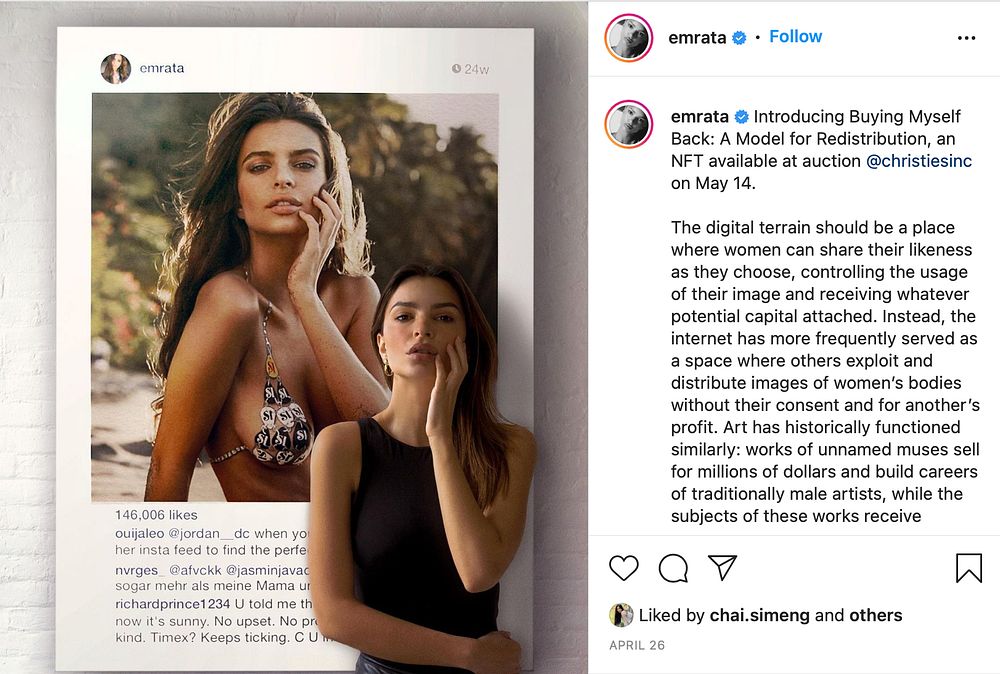
There is no word yet on how she plans to use the money from the NFT sale. But it’s probably safe to say that this newly minted author is just getting started when it comes to reclaiming ownership over her image.
PitchMark helps innovators deter idea theft, so that clients get the idea but not take it. Visit PitchMark.net and register for free as a PitchMark member today.

